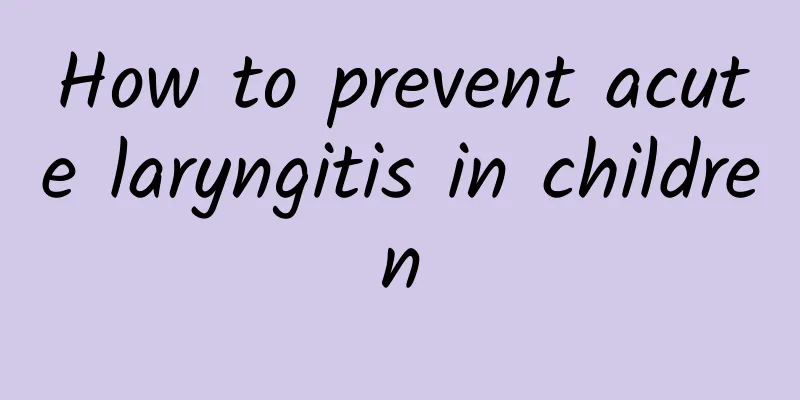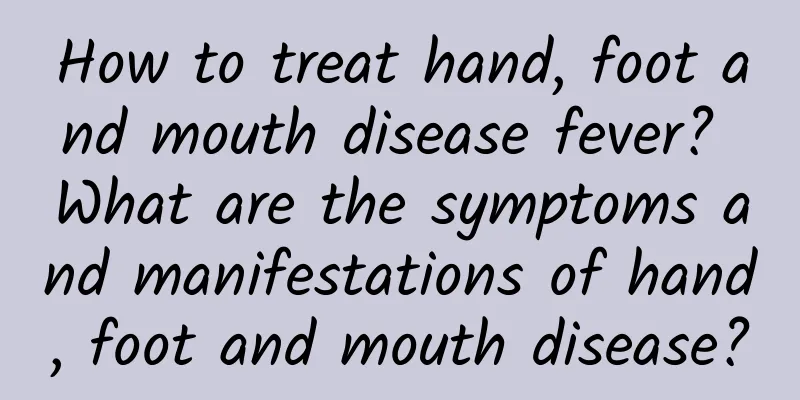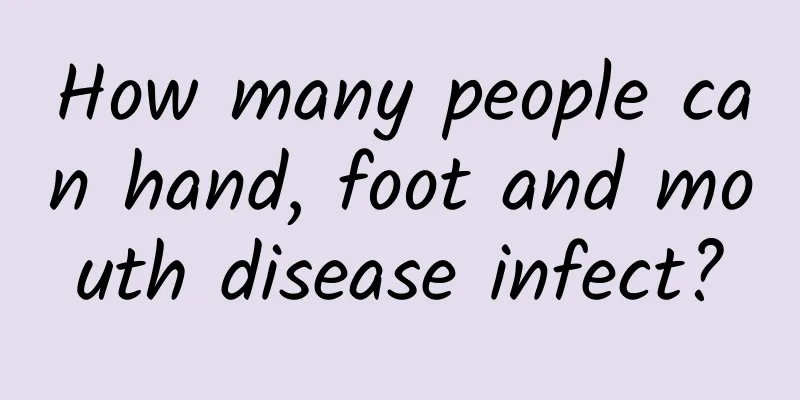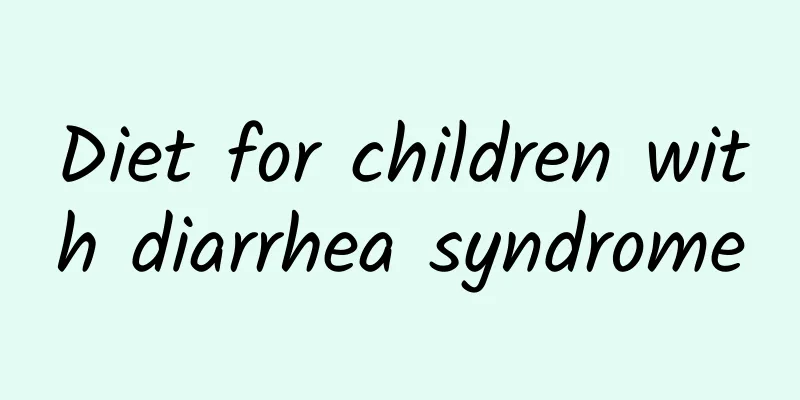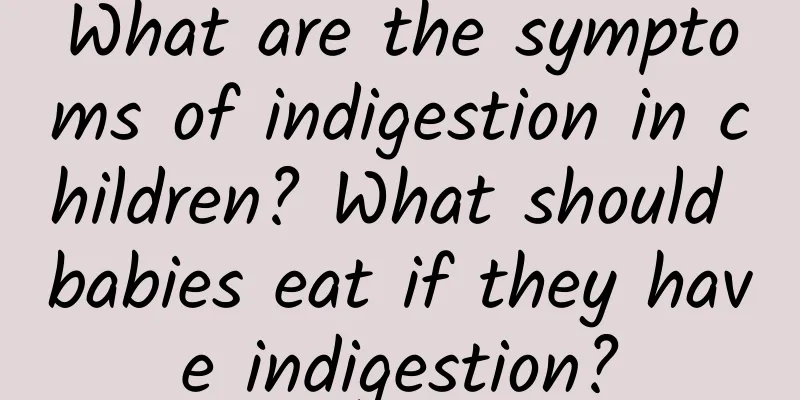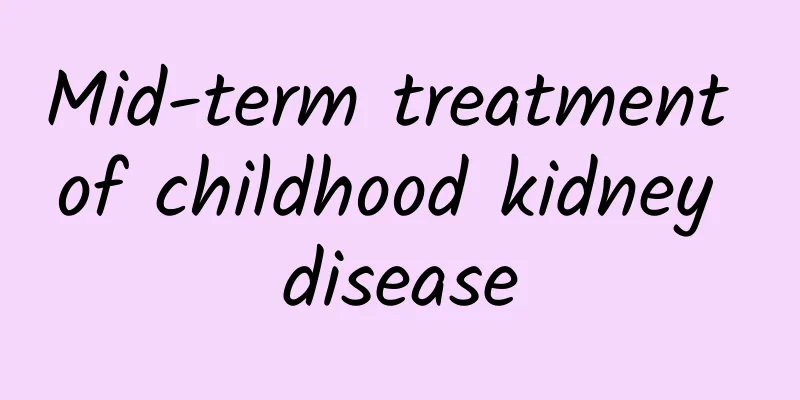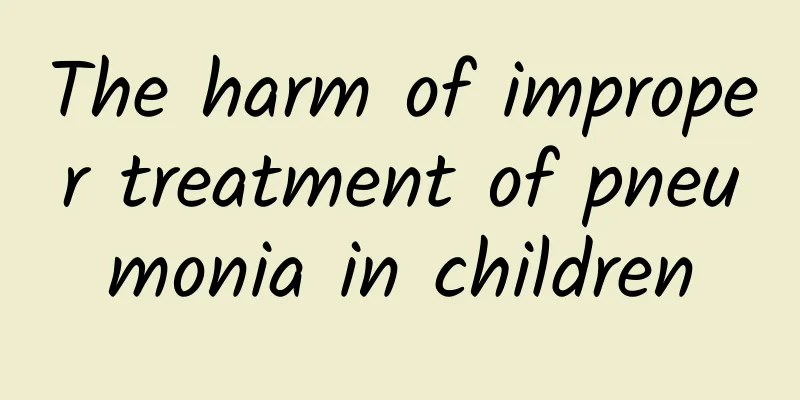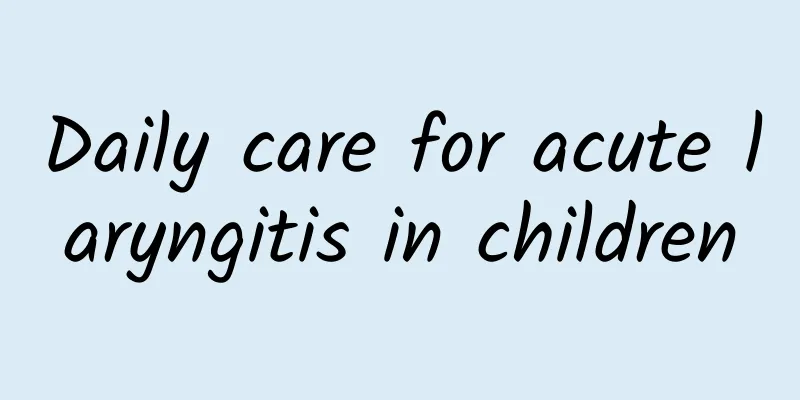Factors causing diarrhea in children
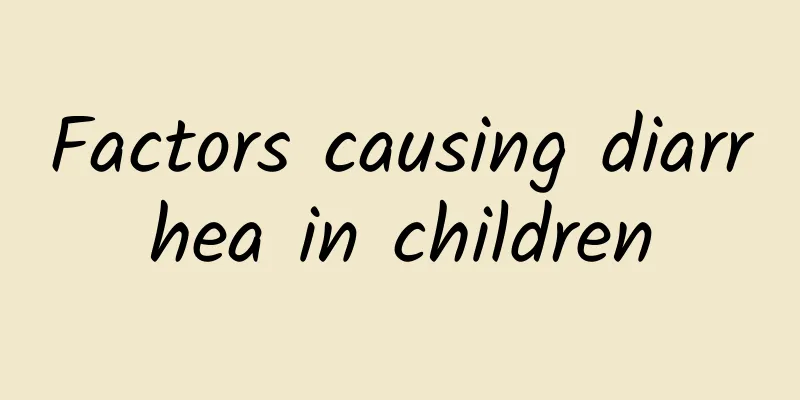
|
Among pediatric gastrointestinal diseases, the most common one is pediatric diarrhea. Some children are very young, and parents will be more worried when they have diarrhea. This makes parents wonder why their children, who have always been healthy, have diarrhea for no reason. The following is a detailed explanation of the causes of pediatric diarrhea by pediatric experts. (1) Infection in the digestive tract Pathogenic microorganisms can enter the digestive tract of children with contaminated food or water, so it is easy to occur in artificially fed children. If the utensils or food used for feeding are not disinfected or disinfected insufficiently, infection is also possible. Viruses can also be transmitted through the respiratory tract or water sources. The second is transmission by adult carriers of bacteria (viruses). For example, after an outbreak of bacterial (or viral) enteritis in a ward, some medical staff are infected and become asymptomatic intestinal carriers of bacteria (viruses), which can lead to the spread of pathogens. (2) Extra-digestive tract infection Infection of organs and tissues outside the digestive tract can also cause diarrhea, which is common in otitis media, pharyngitis, pneumonia, urinary tract infection and skin infection. Diarrhea is usually not serious and is more common in younger people. The cause of diarrhea is partly due to digestive dysfunction caused by infection outside the intestine, and partly due to the same pathogen (mainly virus) inside and outside the intestine. (3) Intestinal flora disturbance caused by abuse of antibiotics Long-term and large-scale use of broad-spectrum antibiotics, such as chloramphenicol, kanamycin, gentamicin, ampicillin, and various cephalosporins, especially when two or more are used together, can directly stimulate the intestines or stimulate the autonomic nerves to cause increased intestinal motility, reduced glucose absorption, and reduced disaccharidase activity, resulting in diarrhea. More seriously, it can cause intestinal flora disorders. At this time, normal intestinal Escherichia coli disappears or significantly decreases, and drug-resistant Staphylococcus aureus, Proteus, Pseudomonas aeruginosa, Clostridium difficile, or Candida albicans can multiply in large numbers, causing enteritis that is difficult to control with drugs. Pediatric experts point out that although pediatric diarrhea is not a serious disease, if it is not treated early, it is very likely to cause enteritis, which will not only easily lead to nutritional deficiencies in children, but also affect their healthy development. Therefore, parents still need to take pediatric diarrhea seriously, and when children have problems with defecation, parents need to treat their children early. |
<<: Why do children have diarrhea?
>>: Common causes of diarrhea in children
Recommend
Which department should I go to for polio?
Polio is an acute infectious disease caused by vi...
What medicine is good for children's colds? Four principles should be kept in mind when taking medicine for children's colds
Children's colds can cause symptoms such as r...
What is the most effective way to treat jaundice? How to tell if a child has jaundice?
Jaundice, also known as yellow bile, is a symptom...
How to deal with neonatal jaundice more effectively
1. Sunbathing: If conditions permit, you can take...
Traditional Chinese medicine prescription for diarrhea in children
Children's diarrhea is a very common symptom ...
What tests should be done for acute laryngitis in children
What tests are done for acute laryngitis in child...
Is sudden abnormal liver function and jaundice serious?
Sudden abnormal liver function accompanied by jau...
What nutrients are needed in the diet for Kawasaki disease
What nutrients are needed in the diet for Kawasak...
What medicine is good for children with cold and cough
What medicine is good for children's cold and...
What are the hazards of scraping for children? Beware of the 6 hazards of scraping for children
In fact, many people choose scraping in the proce...
What are the 5 common symptoms of pneumonia in 9-year-old children?
A 9-year-old child with pneumonia developed sympt...
What causes acute mumps in children?
Acute mumps in children is often caused by viral ...
TCM etiology, pathogenesis, prevention and treatment of hand, foot and mouth disease
Hand, foot and mouth disease is a common infectio...
Can pneumonia in children be cured?
Nowadays, many children have pneumonia. Because c...
How to distinguish between pneumonia and cold in children? Seven tips for parents to prevent pneumonia in children
According to the source of infection, pediatric p...
